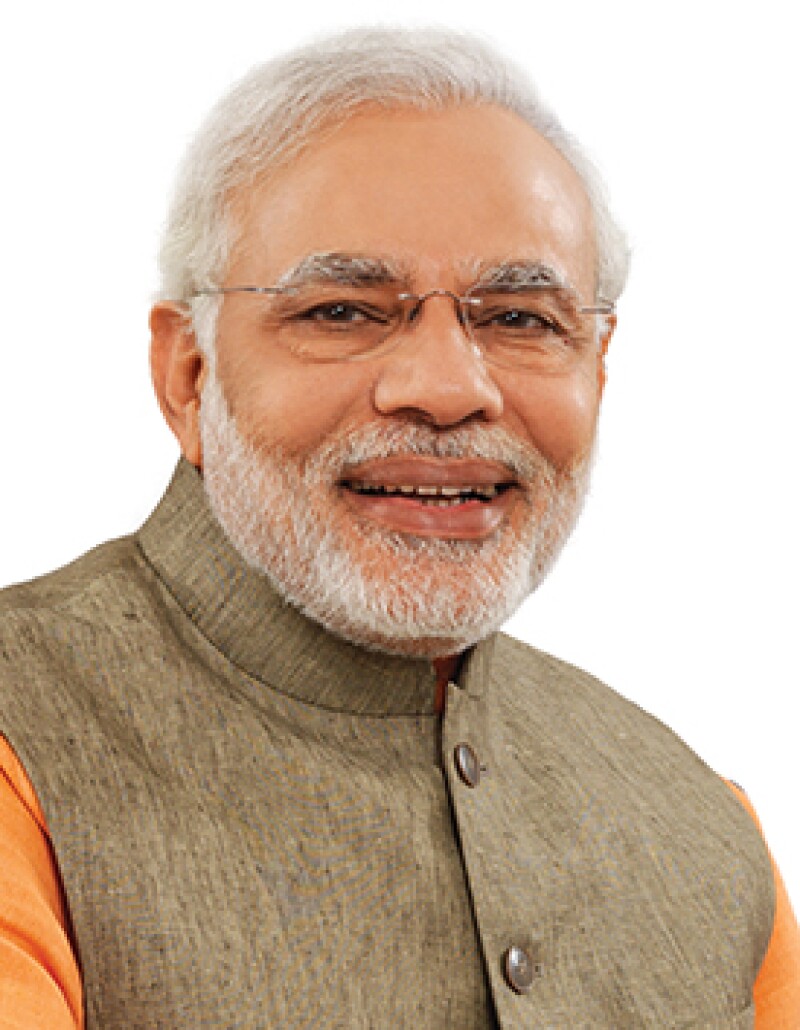
|
Narendra Modi is a new entry this year |
Narendra Modi is proving to be an Indian prime minister like no other. He has taken his campaign to fight corruption to an unprecedented level, while also improving the country's business climate through the planned goods and services tax (GST) regime, and using international best practices to boost investor confidence.
Modi has also worked tirelessly since becoming Prime Minister in 2014 to improve the business climate in India to boost foreign investment, encourage better relations between India and its trading partners, and reassure multinationals that India is open for business.
In terms of tax, he has been a major player in pushing ahead with India's plans to introduce a GST regime in 2017. He has backed Finance Minister Arun Jaitley at every hurdle and they have worked together to overcome the obstacles that critics and the opposition party have put in front of them. After the 122nd Constitutional Amendment Bill was passed by parliament, Modi issued a statement that his party will "continue to work with all parties and states to introduce a system that benefits all Indians and promotes a vibrant and unified national market". He added that GST will promote Make in India, an initiative launched in September 2014 to attract businesses from around the world to invest and manufacture in India. He said it would also help exports and thus boost employment while providing enhanced revenue. "GST will also be the best example of cooperative federalism. Together we will take India to new heights of progress," he added.
Several other measures introduced by Modi and his government this year have been targeting the plan to take India to new heights. He urged taxpayers to use the tax amnesty scheme, available from June 1 to September 30 2016, to declare their undisclosed income that was available earlier this year. During a week of the Make in India campaign, Modi also said the country is swiftly working towards a more transparent, stable, fair and predictable tax system.
Modi's tax plans during his term as prime minister involve rooting out black money, which includes introducing laws to address undisclosed assets and countering the use of cash.
Eliminating the 'black money' economy is a tall challenge, but Modi has been making some headway. His latest efforts created chaos in a country that survives on a cash economy when, on the evening of November 8 2016, he announced the demonetisation of high value currency notes of INR 500 and INR 1,000 with effect from midnight. Although demonetisation had happened before, its impact was much smaller than Modi's announcement.
In addition, he plans to make paying taxes easier by making the process simpler and modern, as well as clarifying tax provisions and working to reduce the number of tax cases.
Although he is delivering on many of these objectives, the commitment to reduce tax litigation is not yet complete. The number of cases charging retrospective tax on foreign businesses may be falling, but two of the biggest long-running retrospective tax cases involving Vodafone and Cairn are yet to be resolved. If Modi delivers on his litigation promises and the two cases are resolved, then 2017 could be another ground-breaking year for the prime minister. Nevertheless, the anticipated introduction of the GST regime and more measures to tackle the black economy will undoubtedly deliver some surprises in the year to come.
The Global Tax 50 2016 |
|
|---|---|
The top 10 • Ranked in order of influence |
|
2. The International Consortium of Investigative Journalists |
|
3. Brexit |
4. Arun Jaitley |
5. Jacob Lew |
|
10. Donald Trump |
|
The remaining 40 • In alphabetic order |
|









